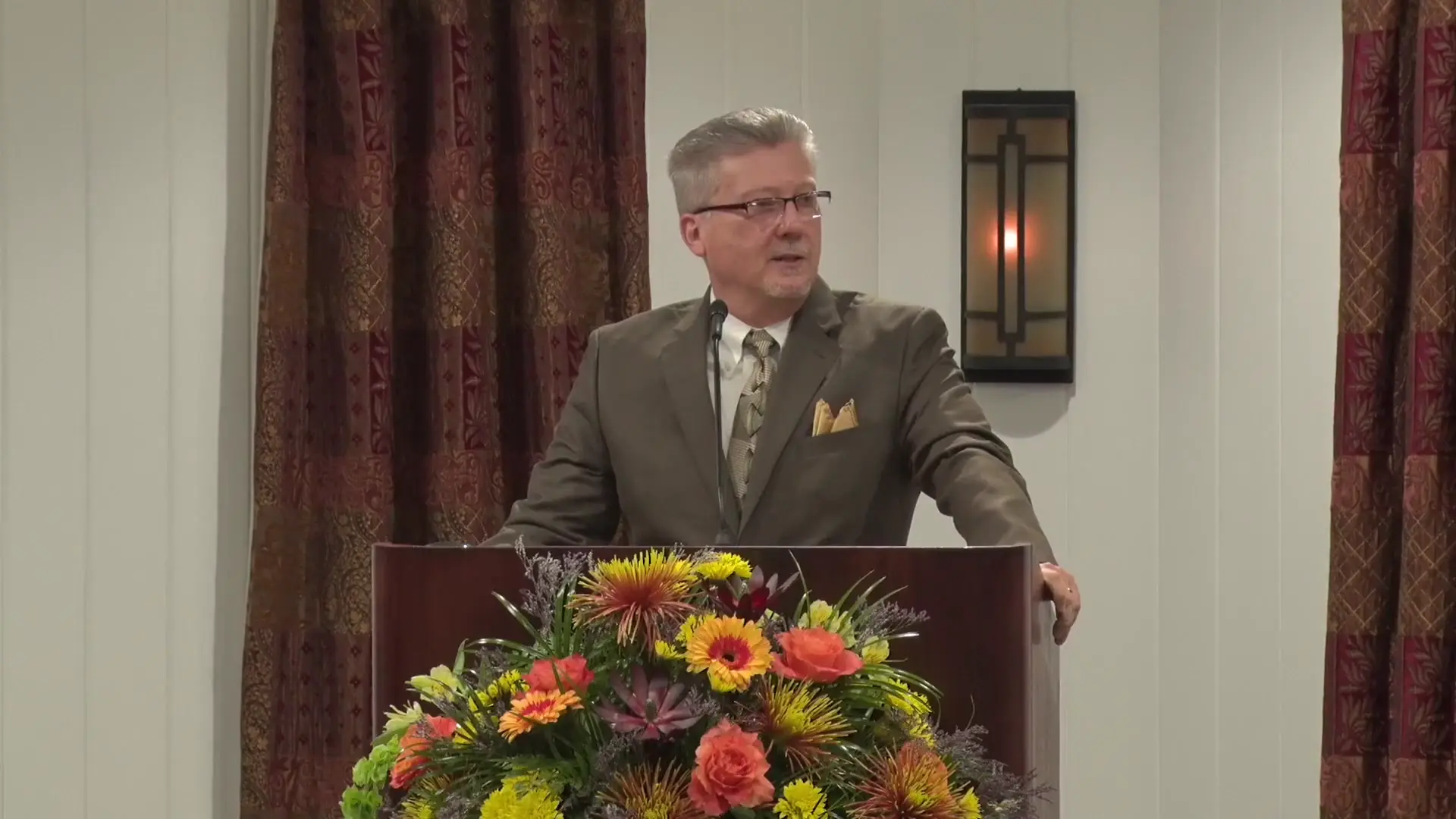Filter by Categories

What Sin Is
'Personal' from John W. RitenbaughNo one seems to talk about sin anymore, but it still exists and continues to wreak havoc! Scripture describes sin and what God wants us to do about it.

Jesus in the Feasts (Part Four): Atonement
Sermon by Richard T. RitenbaughThe Day of Atonement emphasizes humanity's universal sinfulness, necessitating a divine solution. All humans from infants to seniors are incapable of redeeming themselves through charitable deeds or sacrifices. No human or animal offering has the capability to atone for sin. For this reason, the Creator God, Jesus Christ, became human, living sinlessly, offering Himself as the perfect, unblemished sacrifice, paying for the sins of all humanity, fulfilling the role of the ultimate sin offering. As the most solemn of the biblical feasts, this event points to the High Priest and atoning sacrifice. Leviticus 16 describes a two-goat ritual: one goat represents the payment for sin, while the second goat carries sins away, symbolizing sins total removal. Isaiah 53, as well as passages from the New Testament in Romans, Hebrews, Matthew, John, and I Peter all substantiate Christ's dual role in shedding His blood and bearing away sins, thereby reconciling humanity to God. This sacrifice grants access to Almighty God, enabling believers to pursue spiritual maturity under the guidance of Jesus Christ. Accepting Christ's sacrifice is only the beginning. Our Savior commands believers to strive for spiritual perfection, aligning themselves with God's will, yielding to Him as their Shepherd and High Priest.
Sin (Part One)
Sermon by John W. RitenbaughThough relatively neutral at its inception, human nature is subject to a deadly magnetic pull toward self-centeredness, deceit, and sin.
Sin (Part Four)
Sermon by John W. RitenbaughTrue Christianity is no cakewalk into eternal life, but a life and death struggle against our flesh, the world, and a most formidable spirit adversary.
The Covenants, Grace, and Law (Part Sixteen)
Sermon by John W. RitenbaughRighteousness consists of applying the Law's letter and/or intent. Sin constitutes a failure of living up to the standards of what God defines as right.
The Providence of God (Part Seven)
Sermon by John W. RitenbaughJesus and Abraham rose above their emotional pulls by exercising living faith—a faith built on acts of obedience. Faith can never be separated from works.
Maintaining Good Health (Part 9)
Sermon by John W. RitenbaughGood spiritual health follows the same patterns and laws as do physical and psychological health. Any permanent change in character must come from within.
Intimacy with Christ (Part Four)
Sermon by John W. RitenbaughWe don't really know something unless we have experienced it. Knowing God manifests itself in the way one lives, reflecting faithfulness and obedience.
Moses, Servant of God
Feast of Tabernacles Sermon by John W. RitenbaughMoses sacrificed great worldly honor to become a servant of God, demonstrating real servant leadership. God praises Moses for his faithfulness and meekness.
Hebrews, Love, and the Ephesian Church
Feast of Tabernacles Sermon by John W. RitenbaughLike the Ephesians, the weary veterans in Hebrews were becoming apathetic through outside pressures, losing their former zeal and devotion to Christ.
Poor in Spirit (1997)
Sermon by John W. RitenbaughBeing poor in spirit is a foundational spiritual state for qualifying for God's Kingdom. Poor in spirit describes being acutely aware of one's dependency.